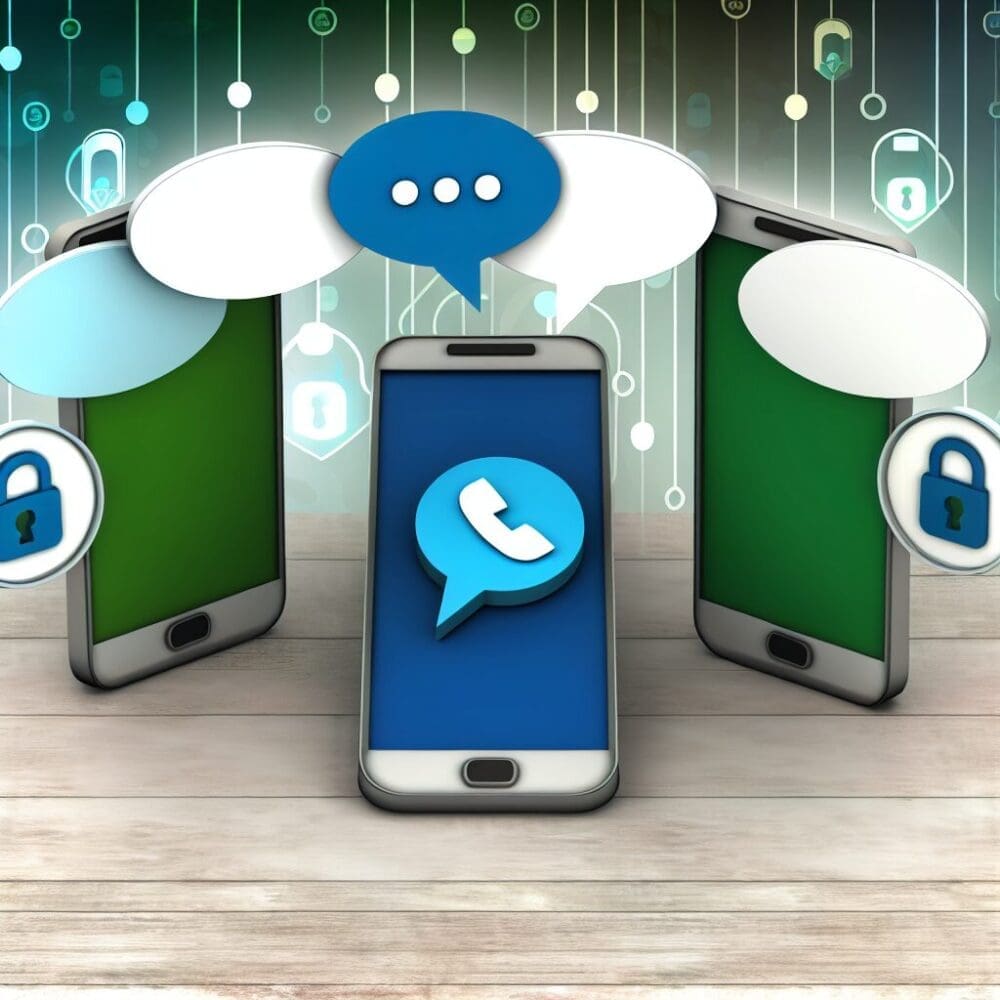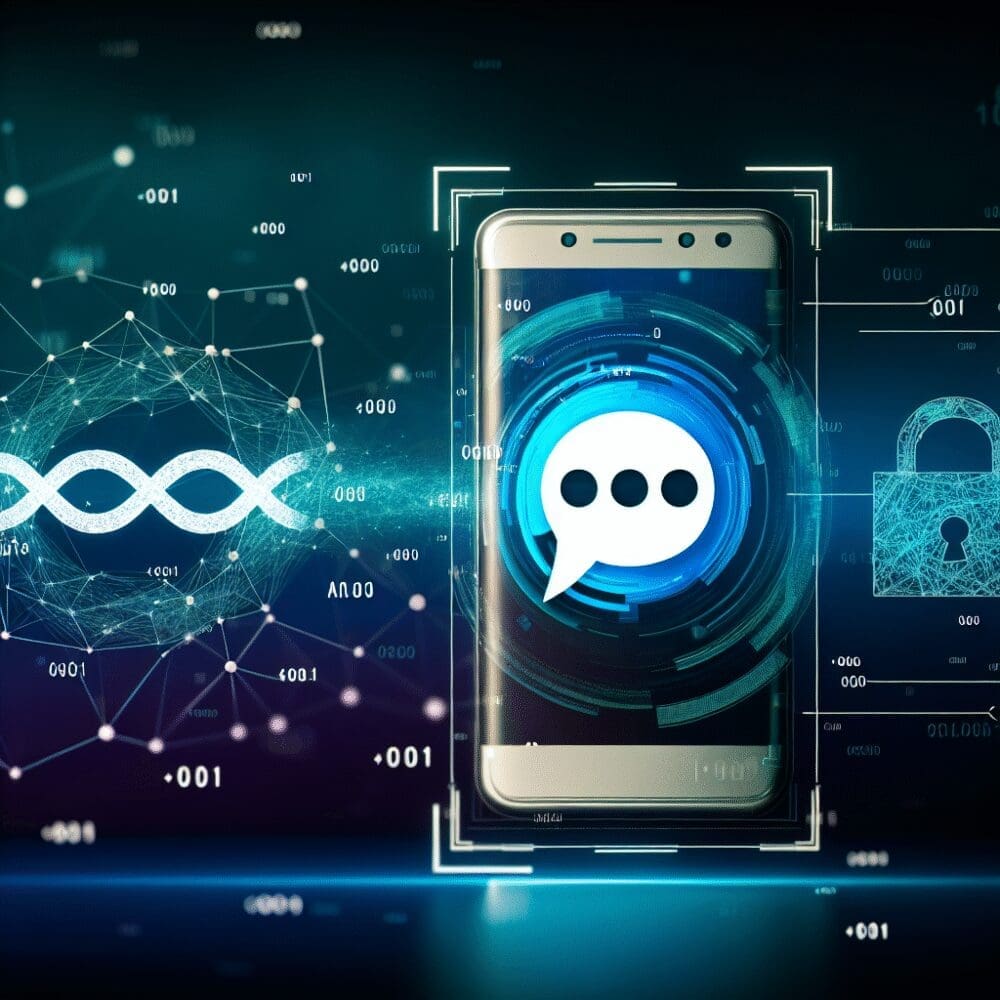“`html
Secure Messaging Apps Compared: Signal, WhatsApp, and iMessage Analysis
In an era where digital privacy is both a defining and divisive feature of our communication tools, understanding the nuances of secure messaging apps is crucial. Signal, WhatsApp, and iMessage are three of the most prominent apps used globally. This analysis will delve into the security features, user experience, and overall reliability of these apps, helping you make an informed decision on which to choose.
Security Protocols: How Safe Are Your Messages?
Signal
Signal has long been the gold standard for private messaging. Developed by the non-profit Signal Foundation, it boasts an open-source protocol that anyone can inspect. This transparency engenders trust among its users. Signal uses end-to-end encryption by default, which means only the communicating users can read the messages, not even Signal itself.
- Open-source protocol
- End-to-end encryption by default
- Supports encrypted voice and video calls
Beyond encryption, Signal offers features such as disappearing messages and no metadata logging, meaning it does not store information about who was communicating with whom.
WhatsApp is the most popular messaging app worldwide, owned by Meta Platforms. It utilizes the Signal Protocol for end-to-end encryption. This means messages, calls, photos, and videos shared are secure against third-party hacking efforts. However, recent debates have arisen about its data-sharing policies with Meta, sparking concerns about privacy.
- Signal Protocol encryption
- Owned by Meta Platforms
- Controversial data-sharing policies with Meta
Despite encryption, WhatsApp’s metadata collection practices remain a concern for privacy advocates. It logs data such as who you talk to and for how long.
iMessage
Apple’s iMessage provides end-to-end encryption across its devices. Available on iPhones, iPads, and Macs, it’s a secure option within the Apple ecosystem. What sets iMessage apart is the intense focus Apple has on privacy, underlining it as a core company principle.
- End-to-end encryption
- Available across Apple devices
- Strong company emphasis on privacy
However, be cautious about using iMessage for communication with Android users, as it reverts to regular SMS/MMS, which is unencrypted.
User Experience and Features: Beyond Security
Signal
Signal prioritizes privacy and security over an expansive feature set. It offers core messaging features but lacks some of the bells and whistles found in its competitors. Key features include:
- Clear, minimalist user interface
- Disappearing messages to maintain privacy
- Screen security options
While the simplicity and focus on security are appealing, users who desire more dynamic features might find Signal limiting.
WhatsApp’s real strength lies in its comprehensive feature set and ease of use. It offers:
- Simple and intuitive user interface
- Voice and video calling capabilities
- WhatsApp Status for sharing updates
- Group chats and broadcast lists
The app’s wide acceptance and consistent functionality across devices make it a favorite for many, though privacy concerns linger.
iMessage
Integrated seamlessly into the Apple ecosystem, iMessage offers a sleek and cohesive experience, particularly for avid Apple users. Key features include:
- Seamless integration with other Apple apps
- Rich multimedia support
- iMessage apps and Animoji/emoji features
With the continual ecosystem integration, iMessage provides a unified platform for communication, though non-iOS interactions lack the same secure experience.
Reliability and Performance
Signal
Signal’s minimalist approach extends to its performance. The app is stable and efficient, with limited downtime reported. It functions well on varying bandwidths, prioritizing encryption without sacrificing speed.
WhatsApp is known for its robust performance across devices and operating systems. It’s consistently reliable, even in areas with varying internet connectivity, and includes adaptive features for bandwidth changes.
iMessage
iMessage boasts a high reliability standard within the Apple ecosystem. However, the reliance on Apple’s infrastructure means that non-iDevice communication can sometimes falter.
Conclusion: Which Is Right for You?
Choosing between Signal, WhatsApp, and iMessage largely depends on your specific needs. If privacy and security are your primary concerns, Signal is the clear winner. For users valuing features and integration within a larger ecosystem, WhatsApp and iMessage are compelling options, with the caveat of being vigilant about privacy settings and platform-specific limitations.
Ultimately, the decision hinges on weighing the balance of privacy, features, and ecosystem compatibility. Understanding these nuances ensures that your communication is not only effective but also secure, respecting your privacy in an age where data is both power and responsibility.
“`



